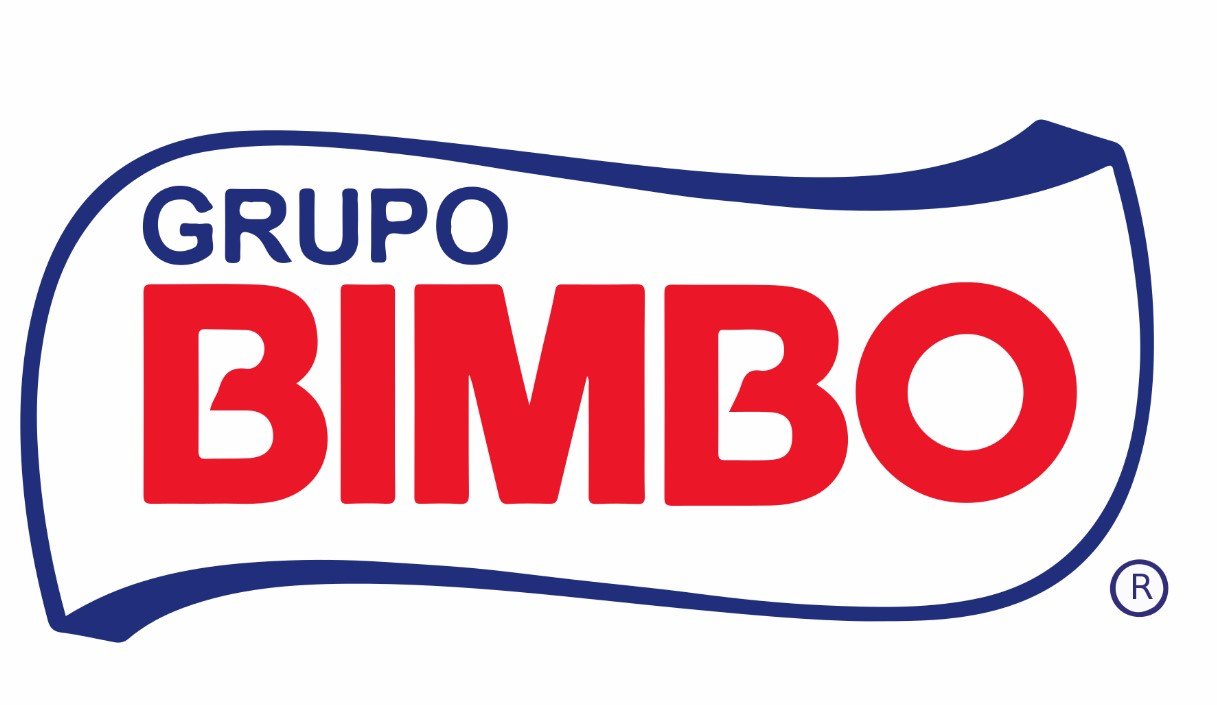Grupo Bimbo, the world’s largest bakery company, has announced its results for 2023, showing a stable revenue and a lower operating profit. The company has also revealed its plans for 2024, which include a new strategy, a new structure, and a higher dividend. Grupo Bimbo expects to face a transitional phase in 2024, as it adapts to the changing consumer behavior and market conditions.
Grupo Bimbo Reports Flat Revenue and Lower Operating Profit for 2023
Grupo Bimbo reported its 2023 results on February 20, 2024, and said that its revenue was 399.9 billion pesos ($23.4 billion), almost the same as its 2022 revenue of 400.5 billion pesos. The company said that its revenue was affected by negative currency effects, mainly on SEK, GBP, and USD, as well as the deflation and volatility in the global bakery market.
The company also said that its operating profit was 35.5 billion pesos ($2.1 billion), down from 53.7 billion pesos in 2022. The company attributed its lower operating profit to the COVID-19 pandemic, which reduced the demand for its products, especially in the foodservice and out-of-home channels. The company also said that it faced higher costs for raw materials, packaging, and logistics, as well as one-off restructuring costs.

The company said that its net majority income was 15.5 billion pesos ($0.9 billion), compared to 46.6 billion pesos in 2022. The company said that its net majority income was mainly due to the impairment of goodwill and other intangible assets, amounting to 27.8 billion pesos, related to its cheese and butter business in Germany and its infant nutrition business in China.
Grupo Bimbo Pays Higher Dividend and Launches New Strategy
Grupo Bimbo said that it will pay a supplementary payment, including interest on contributed capital, to its shareholders of 2.07 pesos per share, equaling 27 billion pesos in total, well-above the level set in its retention policy. The company said that it decided to pay a higher dividend to reward its shareholders, who have supported the company through the challenging times.
The company also said that it has launched a new strategy, called Expedition 2030, to improve its performance and competitiveness. The company said that its new strategy is based on four pillars: growth, efficiency, sustainability, and innovation. The company said that it aims to grow its revenue by 2-4% per year, improve its operating profit margin to 3.5-4.5%, reduce its carbon emissions by 30% by 2030, and increase its innovation spending to 1.5% of revenue by 2026.
The company also said that it has reorganized its business structure, effective from January 1, 2024, into four business groups: Mexico, North America, Latin America, and EAA (Europe, Asia, and Africa). The company said that the new structure will enable it to focus on its core markets and products, and to simplify its decision-making and processes.
The company also said that it has implemented a cost-saving program, which will result in a reduction of 1,800 jobs worldwide, including 900 in Mexico. The company said that the program will generate annual savings of 6.4 billion pesos by 2026.
Grupo Bimbo Sees Positive Signs for 2024
Grupo Bimbo said that it expects a gradual recovery of the bakery market in 2024, as the COVID-19 pandemic subsides and the consumer demand improves. The company said that it expects a positive impact from its new strategy and its cost-saving program, as well as from its innovation pipeline and its sustainability initiatives.
The company also said that it will continue to invest in its brands, its markets, and its products, and that it will pursue organic and inorganic growth opportunities. The company said that it will also strengthen its financial position and its balance sheet, and that it will maintain a prudent dividend policy.
Grupo Bimbo is the world’s largest bakery company, with operations in 33 countries and more than 200 brands. The company produces a wide range of bakery products, such as bread, buns, cakes, cookies, pastries, and snacks, under its own brands and private labels. The company also produces ingredients for the food industry, such as flour, tortillas, and frozen dough.
